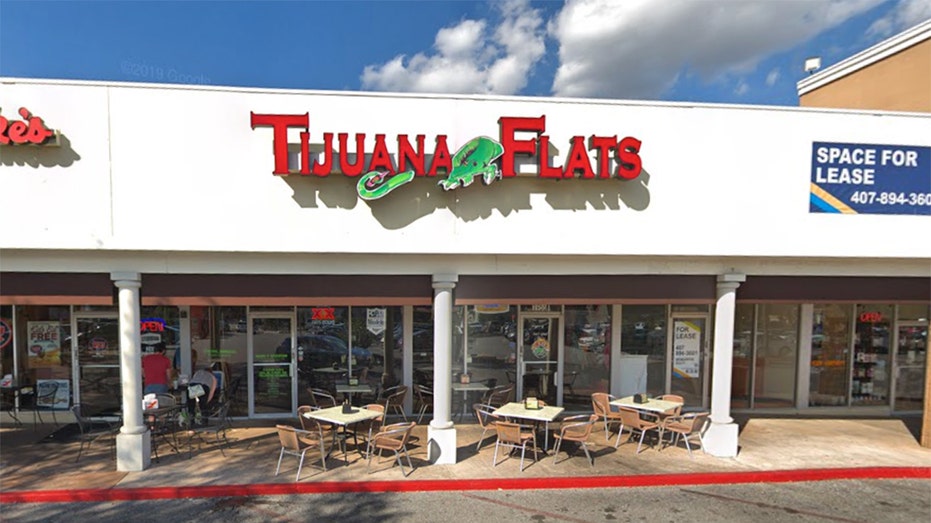A Central Florida Tex-Mex restaurant chain that has locations in four southeastern states has filed for Chapter 11 bankruptcy after closing 11 locations.
Tijuana Flats, whose first location was opened in Winter Park, Florida, by founder Brian Wheeler in 1995, made the announcement of new ownership “with a plan of revitalizing its restaurants and reinvigorating the customer experience.”
The company’s new ownership group is Flatheads, LLC. It was previously owned by TJF USA, LLC.
“Our company is excited by the new ownership group’s plan to reinvest, focus, and emphasize the things that originally brought so many people to love Tijuana Flats,” CEO Joe Christina, who joined the brand in November 2022, said in the release. “We understand the immediate financial actions taken by them to ensure the long-term health of this great and iconic brand.”
RED LOBSTER CONSIDERING BANKRUPTCY FILING: REPORT
Financial restructuring plans started in November 2023, when the company considered options that included a potential sale. The locations determined for closure were “a result of a unit-by-unit analysis of financial performance, occupancy costs, and market conditions.”
Tijuana Flats locations can be found in Florida, North Carolina, Alabama and Tennessee. It is known for its fast-casual style, offering specials on Tuesdays, Thursdays and Saturdays. Restaurants also offer a line of hot sauces for their burritos, tacos, quesadillas, burrito bowls and more.
APPLEBEE’S, IHOP PARENT WEIGHING JOINT RESTAURANTS FOR US MARKET


The company did not say which 11 restaurants closed, but it will continue to provide support to franchisees and the remaining locations will continue to operate as usual. There are 65 company-owned locations throughout Florida, and 26 franchised restaurants in all four states Tijuana Flats operates.
On April 1, Tijuana Flats rolled out a new menu with new packaging for take-out and delivery orders. Court documents obtained by Restuarant Business magazine say menu changes in 2021 in hopes of boosting sales had an “opposite effect,” and the company blames rising food and labor costs.
Read the full article here












